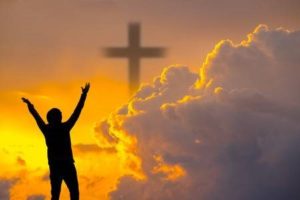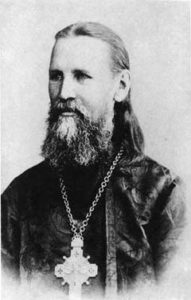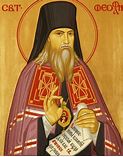SSCORRE!
Saint Sophia Cathedral
Online Resources for our Religious Edification

Christ is Risen!
![]()
TOPIC OF THE WEEK:
“… In this challenging moment, let’s move beyond “how are you doing?” and get more serious about the questions we’re asking our colleagues, friends, and family. Fundamentally, learning how to ask questions of ourselves and of the ones who we love can help us to embrace, rather than avoid, the uncertainty that envelopes our lives….”
[Click HERE to read 20 great questions to ask instead of ‘how are you doing right now?’]
Adults/Family:
How are you taking care of yourself today?
What surprising thing have you been stocking up on (that isn’t toilet paper)?
How do you want this experience to change you? How do you think it will?
What do you hope we all learn or take away from this experience?
What times of the day or the week are hardest?
What’s giving you hope right now?
Preschool/Elementary:
What part of your shelter-in-place residence have you come to appreciate the most?
Which specific place in your neighborhood are you most looking forward to visiting once this is all over?
What’s the easiest part about the quarantine?
Middle School:
What’s something you own that feels useful?
What problem—either yours, or something more global — do you wish you could solve?
How do you want this experience to change you? How do you think it will?
What do you hope we all learn or take away from this experience?
High School:
Which member of your family/ friend group have you been thinking about the most during this time? Why?
What’s the most generous act you’ve seen recently?
A Message from Maria Spanos
I am passionate about our Orthodox Christian faith and seek to help others learn as much as they can about it. My purpose here is to share online resources that help strengthen our relationship with Christ and bind us closer to His Church. I believe they are invaluable in learning about our precious Orthodox Tradition, and are a great aid for teaching family members, friends and others about Orthodoxy. ~Maria
Two of my favorite quotes:
 “A true Christian behaves in this life so that it may be a preparation for the future one and not only a life here below. In his actions, he does not think what will be said of him here but of what will be said there in heaven; he represents to himself that he is always in the presence of God, of the angels and all the saints, and remembers that someday they will bear witness of his thoughts, words, and deeds.” — Saint John of Kronstadt
“A true Christian behaves in this life so that it may be a preparation for the future one and not only a life here below. In his actions, he does not think what will be said of him here but of what will be said there in heaven; he represents to himself that he is always in the presence of God, of the angels and all the saints, and remembers that someday they will bear witness of his thoughts, words, and deeds.” — Saint John of Kronstadt
__________________________________________________________

“Of all the holy works, the education of children is the most holy.”
— St. Theophan the Recluse






